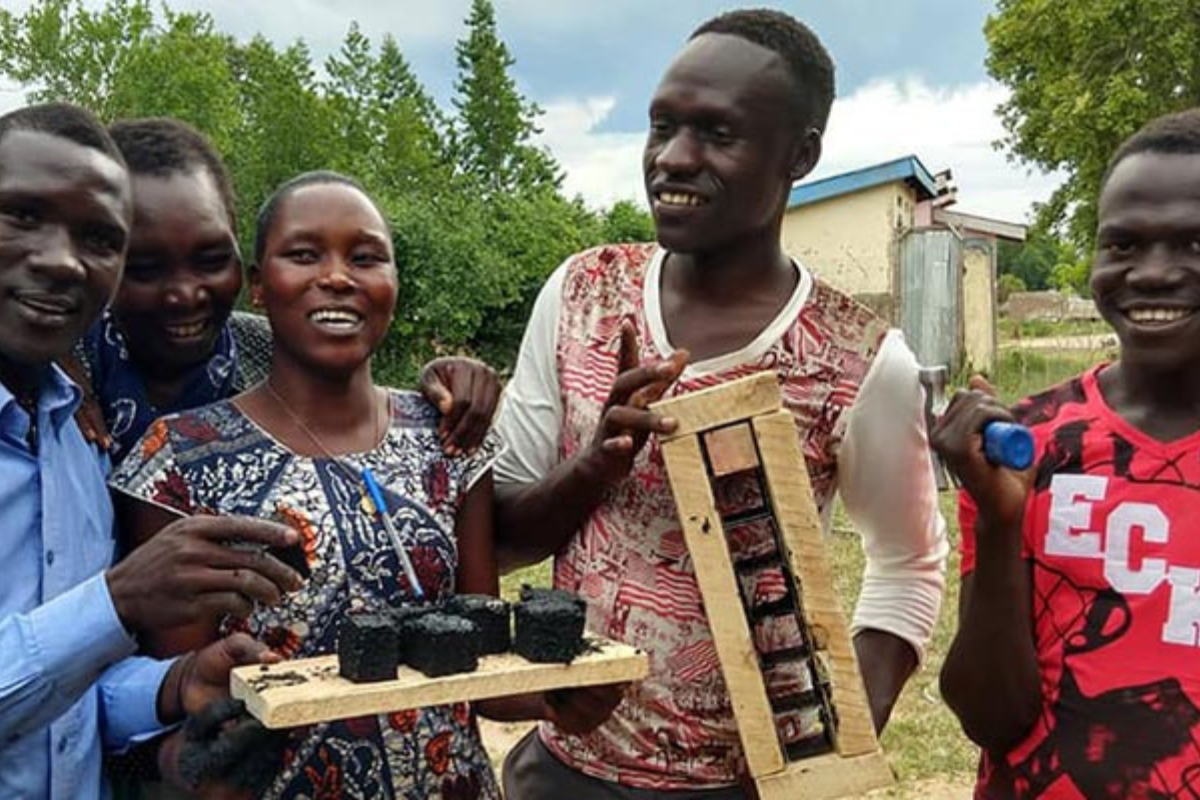
Co-Creating a More Equitable World: The Transformative Benefits of Participatory Design, MIT D-Lab
This MIT D-Lab article introduces participatory design as a powerful approach to fostering equity and creating sustainable solutions by engaging end-users as co-creators. It explores the benefits of building skills, trust, and ownership while producing durable, context-specific outcomes. By tailoring methods to different challenges, participatory design promotes inclusivity and addresses systemic inequities.
View resourceSummary
This introductory article by MIT D-Lab highlights how participatory design empowers communities, fosters equity, and creates sustainable solutions by involving end-users as co-creators. It outlines three approaches - design for, with, and by users - tailored to different contexts and challenges.
The article highlights key benefits of the approach:
- Builds skills, confidence, and ownership among participants.
- Produces context-specific, durable solutions.
- Strengthens collaboration and trust across diverse stakeholders.
This resource underscores participatory design’s role in addressing inequities and ensuring solutions are inclusive and impactful.

We’d love to hear from you!
Reach out to one of our team members, and share input and ideas about how we can evolve Understorey.
Get in touch